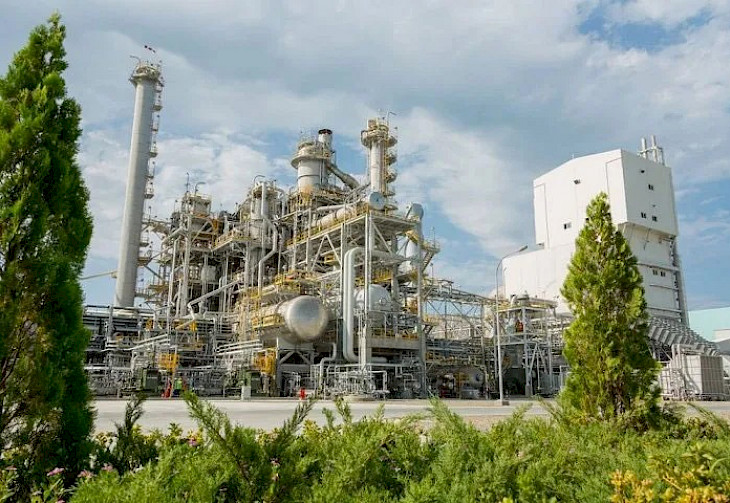Turkmenistan places great emphasis on ensuring environmental well-being, including the transition to “green” energy.
Among large-scale efforts in this area, active measures are being taken to reduce methane emissions into the environment, reports the state news agency TDH.
Over the past two years, together with international partners, large-scale scientific research and identification work has been carried out at several production sites in the oil and gas sector to detect sources and volumes of methane and associated gas emissions. Relevant reports have been prepared. Based on these findings, repair and preventive work began at the facilities, and steps were taken to acquire modern equipment and technologies used internationally in the oil and gas industry to identify methane emission sources.
Projects are being prepared to reduce methane emissions through the modernization of oil and gas facilities, and there are plans to engage experienced international engineering companies to carry out this work.
Turkmenistan has achieved significant progress in reducing gas emissions from a burning open gas crater that formed in the 1970s at the Chaljulba Zagli-Derweze gas field complex in the Central Karakum Desert. To reduce emissions from the crater, production wells were drilled nearby, which yielded large volumes of clean gas. As a result, gas emissions from the crater were cut in half.
Thanks to these efforts, by the end of 2024, methane emissions in the country had decreased by 11%, significantly exceeding the target level set by national plans.
The country is also systematically transitioning to the implementation and use of modern, environmentally friendly, and resource-saving technologies in industries such as oil and gas, energy, transportation and communications, agriculture, and manufacturing.
Turkmenistan also places great importance on strengthening cooperation with the International Methane Emissions Observatory (IMEO). Work is underway to ensure the country’s broad participation in the Methane Alert and Response System (MARS) – a digital platform created under the United Nations Environment Programme.
It is worth recalling that during his historic address at the 28th Conference of the Parties to the UN Framework Convention on Climate Change (COP-28) in Dubai, President Serdar Berdimuhamedov officially announced Turkmenistan’s accession to the Global Methane Pledge.
To practically implement the objectives stemming from Turkmenistan’s accession to this international initiative, a 2024–2030 Action Plan has been developed to achieve the goals outlined in the Global Methane Pledge, along with a Roadmap to enhance Turkmenistan’s international cooperation for 2025–2026.
CentralasianLIGHT.org
April 22, 2025

